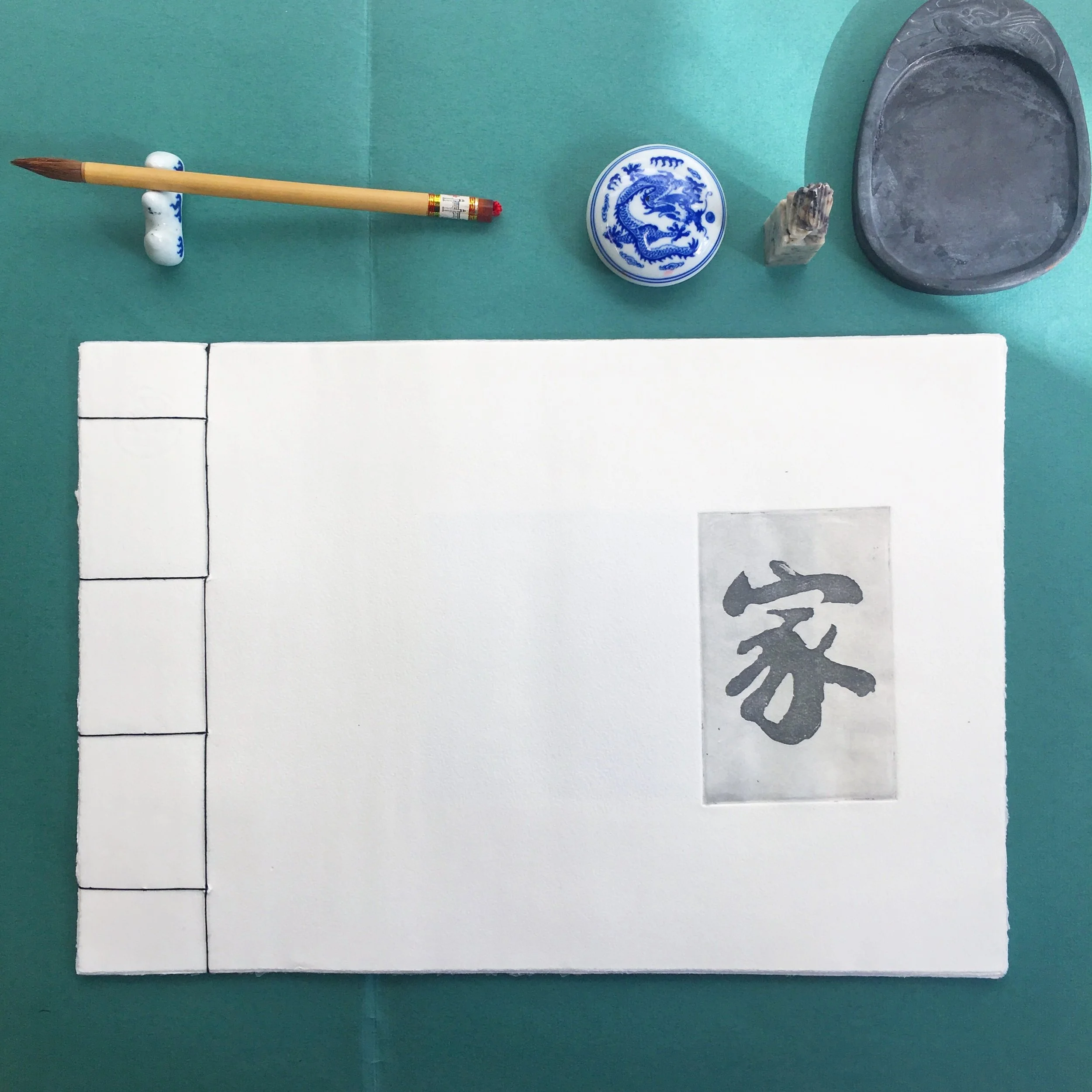家
The artist book ‘家’ (2019) is a response to the bedroom as an intimate, cherished space. It is a space when under investigation, reveals much about the occupant’s life, reflecting who they are. Conceived following the 100th birthday of Farey’s great-grandmother, this work represents her process of remembering and connecting with the remaining women of my maternal lineage - her, her mother, her grandmother, and her great grandmother. Each of the four women were raised differently, live in different countries, speak different languages, communicate in different ways, and hold different values. Through depictions of their uniquely different bedrooms and studying what is within them, information about each of their diverse and culturally different lives is revealed, and the relationship between the four of them can be better understood.
“The process of creating this body of work was therapeutic, a way of organizing and processing my own memories and emotions dealing with my family. I find myself hoarding objects. I feel a deep sentimental attachment to everything I own. Each object has a memory, a story, and a unique purpose in my room and my life,” says Farey. “I was very lucky to be given the opportunity to move from China to Australia with my mother and start a new life here. I hope my work will allow others to gain a better understanding of the reality of Chinese and Australian history – it’s not all linear, and there is a long history of persecution and persistence. I want to try to reveal the blind spots in this history.”
The book 家 is imbued with western and Chinese symbols and metaphors which are reflections of the relationships between the four women. The pear, in Chinese ideology, must be eaten whole and never cut in half, as it will represent separation and divorce. The Chinese character 家 translates to house or home, as well as family. The character is also most well known in China as the title of the famous novel by Ba Jin, chronicling inter-generational conflict between old ways and progressive aspirations.

